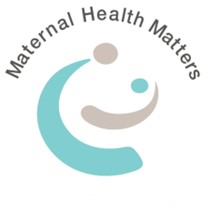Making an informed decision during maternity care?
Decisions are crucial to our relationships with the experts we rely on for maternity care.

As consumers of maternity care we need to be enabled, informed and afforded agency in any decision to be made by us regarding our maternity care. We need to be able to tell our doctor or midwife our priorities and authorise the treatments/interventions they devise in light of those priorities. This is best achieved in relationship where you know your care provider and they know your values and desires.
Giving permissions with a “yes” is one of your most powerful tools in maternity care. Part of that power is because a “yes” changes the dynamics in the relationship. When you say yes, you make it permissible for a doctor or midwife to do something to or with you. Whereas, without your “yes”, it is morally wrong for your doctor or midwife to do that very same thing. This YES or NO is consent.
Without consent, performing a procedure during maternity care is a form of abuse.
To feel confident about your decisions, it helps to be aware of what drives your decision making.
Be aware of your unconscious thoughts –biases, reactive responses, fears. The more you pay attention to your unconscious thoughts the better you are able to make a decision that suits you. An unconscious thought may be – the expert is always right. Is this correct? How will you know? My body needs expert help to give birth? Why do you think this? Is this correct?
Be aware of custom and practices in your life. We all carry beliefs formed by family, friendships, workplaces and experiences. Yet do we really agree with these beliefs? Are they valid? Do they limit me? For example in maternity care do you have to obey your care giver?
Be aware of your default thought processes. Do you value harmony? Do you value the outcomes? Do you want to avoid conflict? In maternity care will you say yes just to keep the peace? If so, what will be the impact on you?
Reflective practice is thinking about the decision to be made. It is conscious informed decision making, where you consider the context and who will be affected by the decision; it is guided by your purpose, values and principles, where you consider what solutions may be possible and preferred by you.
Your informed conscious decisions can only be made when you have the unbiased information you need, you understood the risks and the implications of the risks, and have possible contingencies explained and built into the decision. .
